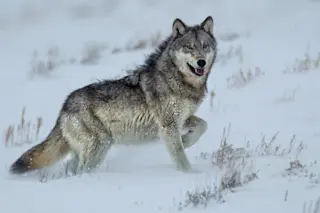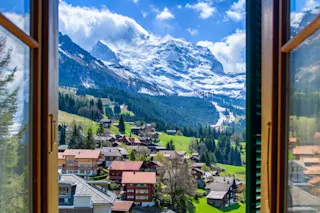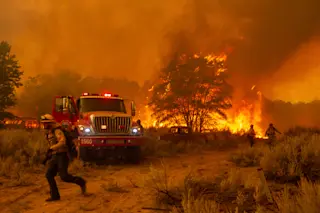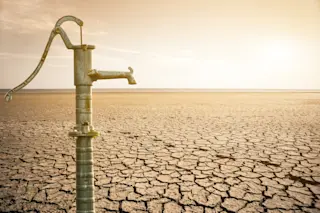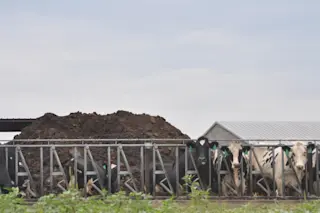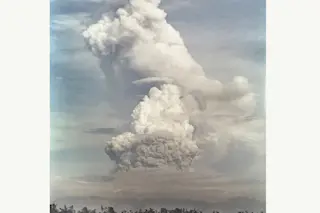They're a little late to the game, but the Yale Forum on Climate Change & the Media finally gets around to reviewing Matthew Nisbet's Climate Shift report released in April, which triggered an unhinged response from a handful of popular climate bloggers . (I wrote about that here and here.) The myth of the media as a bunch of incompetents is examined in the Yale Forum's review:
Columbia Journalism Review science editor Curtis Brainard told The Yale Forum recently that he thinks the spirit of Nisbet's report is basically right in Chapter 3, at least as it relates to "news reporters and news articles." For Nisbet and Brainard both, broad accusations that public ignorance is the media's "fault" are no longer well-founded. "There is this conventional wisdom floating around out there that journalists are inept, rarely able to get their facts straight or explain or deliver an accurate account of ...



